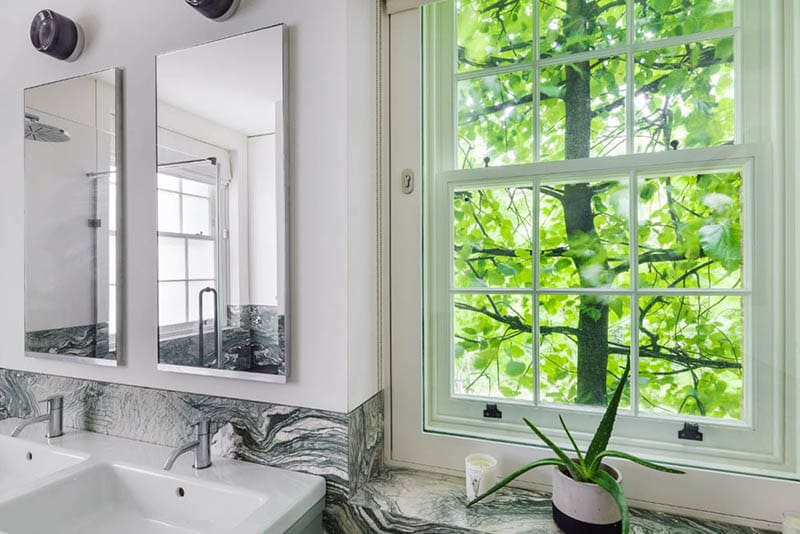
Should You Use Vacuum Insulated Glass in Your Windows?
Vacuum insulated glass (VIG) technology has revolutionised the window industry by providing superior thermal insulation, noise reduction, and durability. If […]
Vacuum insulated glass (VIG) technology has revolutionised the window industry by providing superior thermal insulation, noise reduction, and durability. If you’re considering upgrading your windows, understanding the best options available and whether VIG is suitable for your needs is essential.
Vacuum Insulated Glass Data
LandVac
- U-Value: 0.4 W/m²K
- Visible Light Transmittance: Up to 83%
- SHGC (Solar Heat Gain Coefficient): 0.68
- Sound Reduction: Up to 39dB
- Features: Known for its ultra-clear version which minimises the coloured hue typically seen in other VIG units, making it ideal for applications where clarity is crucial, such as in heritage buildings.
Should You Use Vacuum Insulated Glass in Your Windows?
Advantages of VIG:
- Superior Insulation: VIG units provide excellent thermal insulation, significantly reducing heat loss compared to traditional double or triple glazing. This can lead to substantial energy savings on heating and cooling costs.
- Noise Reduction: The vacuum layer between the glass panes acts as a barrier to sound, making VIG an ideal choice for properties in noisy environments.
- Slim Profile: Despite their high performance, VIG units are thinner than traditional insulated glass units, making them suitable for applications where space is limited or where maintaining the original aesthetic is important.
- Durability: VIG units are highly durable and have a longer lifespan than traditional glazing options, reducing the need for frequent replacements.
Considerations:
- Initial Cost: VIG units can be more expensive than traditional glazing options. However, the energy savings and durability can offset the initial investment over time.
- Installation: Proper installation is crucial to achieving the best performance from VIG. Ensure that your installer is experienced with vacuum insulated glass to avoid issues such as seal failure.
- Application: VIG is particularly beneficial in climates with significant temperature variations and in buildings where maintaining historical integrity is essential. For modern homes, it offers a sleek, energy-efficient solution.
Specific Use Cases:
- Historic Buildings: The ultra-clear variants of VIG, like LandVac, are excellent for heritage projects where maintaining the building’s original appearance is crucial. They offer modern performance without compromising the aesthetic.
- Urban Environments: VIG’s noise reduction capabilities make it suitable for properties in busy city centres or near highways.
- Energy Efficiency: For homeowners looking to improve their property’s energy efficiency, VIG offers a high-performance solution that can significantly reduce energy bills.
Conclusion
Choosing the best vacuum insulated glass depends on your specific needs, budget, and application. If maintaining clarity and aesthetics is crucial, particularly in heritage buildings, LandVac’s ultra-clear glass is a standout choice. It is equally good f or those focused on energy efficiency and noise reduction in modern settings due to its superior performance. Assess your requirements and consult with a professional installer to ensure the best results for your property.